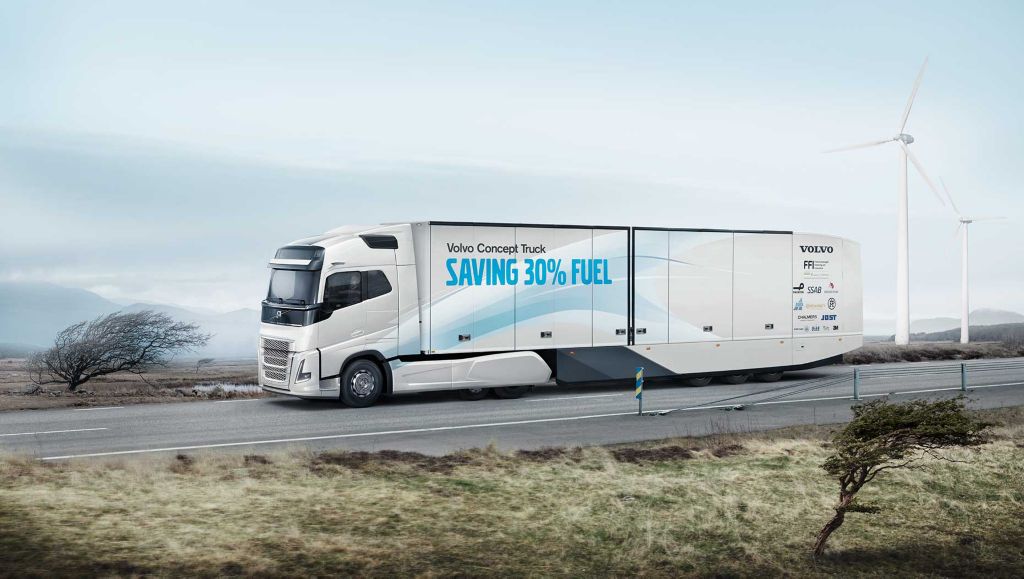Volvo Trucks seeks to accelerate development of more climate-friendly transport


“Cutting climate emissions from heavy-duty vehicles is an incredibly important task, and it’s fundamental to our initiatives in sustainable transport. At Volvo Trucks, we’re well-positioned to take on this challenge. It’s natural for the EU to now introduce limits on CO2 emissions. In order to speed up the transition, we would however also like to see stronger financial incentives for the customers who take the lead and choose more climate-friendly vehicles,” said Roger Alm, President of Volvo Trucks.
Electric trucks can contribute to reducing CO2 emissions. Volvo Trucks launched its first truck models with electric powertrains in 2018 and will start series production this year.
“We’re at the stage where the technology will soon be ready for wider applications in heavy-duty transport. If demand is stimulated and the new charging infrastructure network is expanded, the volume will also be able to increase at a faster rate than would otherwise be possible,” said Lars Mårtensson, Director of Environment and Innovation at Volvo Trucks.
Other climate solutions include natural gas and biogas. Running a Volvo FH LNG on natural gas cuts CO2 emissions by about 20 per cent compared to diesel. With biogas, the tank-to-wheel emissions can be cut by 100 per cent.
At the same time, Volvo Trucks is continuing to develop the diesel trucks that currently make up the absolute majority of its sales. Since the early 1990s, the fuel usage and CO2 emissions of a typical long-distance Volvo truck have decreased by about 20 per cent*, and there is room for additional improvements with more efficient powertrains, lower rolling resistance, and better aerodynamics. Each truck needs to be optimised for its specific transportation task.
“If all parts of the transport system work together toward the same goal, we can reduce the climate impact even more. Better logistics, increased access to biofuels, fuel-efficient driver training, aerodynamic trailers, improved road standards and expanded opportunities to use high-capacity vehicles are just some of the ways in which other parties can contribute,” concluded Lars Mårtensson.
- ENDS -
For further information, please contact:
Anders Vilhelmsson
Vice President Corporate Communication & Public Affairs, Volvo Trucks
Email: anders.vilhelmsson@volvo.com
Phone: +46 31 3223879
LINK to film: https://youtu.be/oPW15HkbKWU
EU CO2 Infographics PDF
Pressrelease as PDF
Volvo Trucks provides complete transport solutions for professional and demanding customers, offering a full range of medium to heavy duty trucks. Customer support is secured via a global network of 2,100 dealers and workshops in more than 130 countries. Volvo trucks are assembled in 15 countries across the globe. In 2018, more than 127,000 Volvo trucks were delivered worldwide. Volvo Trucks is part of Volvo Group, one of the world’s leading manufacturers of trucks, buses, construction equipment and marine and industrial engines. The Group also provides complete solutions for financing and service. Volvo Trucks´ work is based on the core values of quality, safety and environmental care.